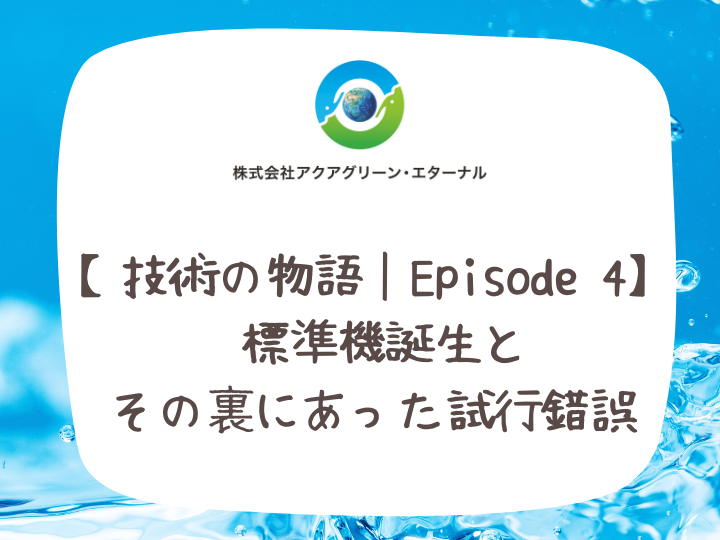
[Technology Story | Episode 4] - The birth of the standard machine and the trial and error behind it -
To differentiate ourselves with groundwater heat pumps, we export to more than 70 countries worldwide, from Italy...

To differentiate ourselves with groundwater heat pumps, we export to more than 70 countries worldwide, from Italy...
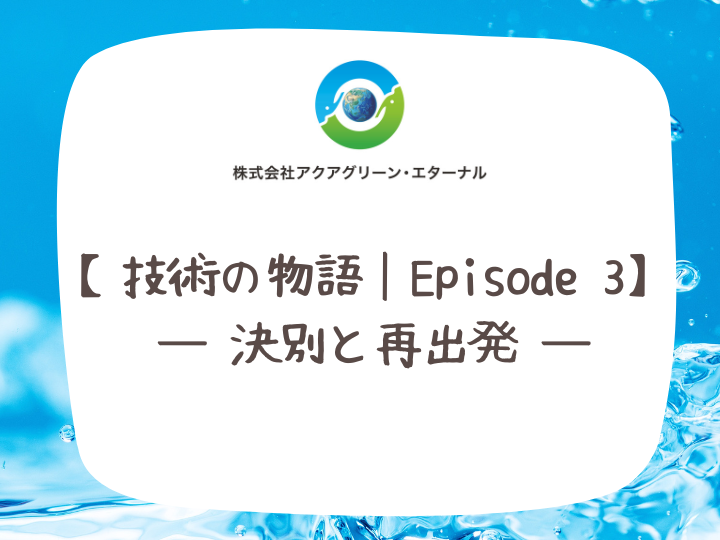
As a wholly owned subsidiary of a major Niigata corporate group, we worked on commercialization for three years...
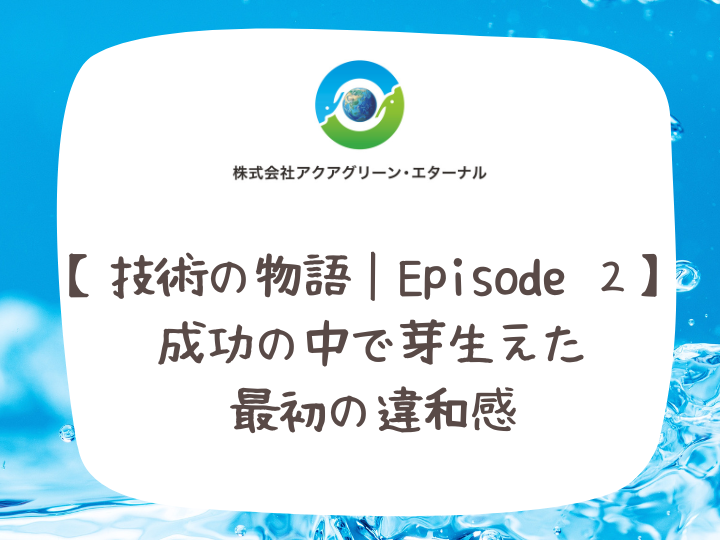
The company was established as a wholly owned subsidiary of a major Niigata corporate group.
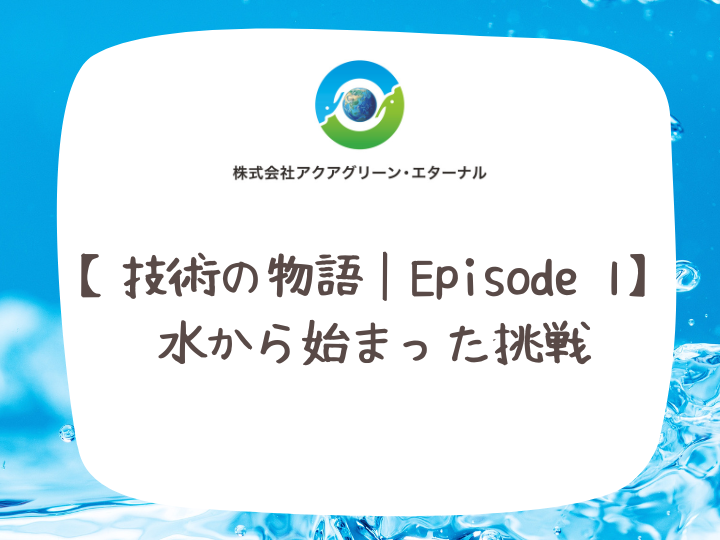
The story of this technology doesn't begin with air conditioning or heat pumps, but with water.
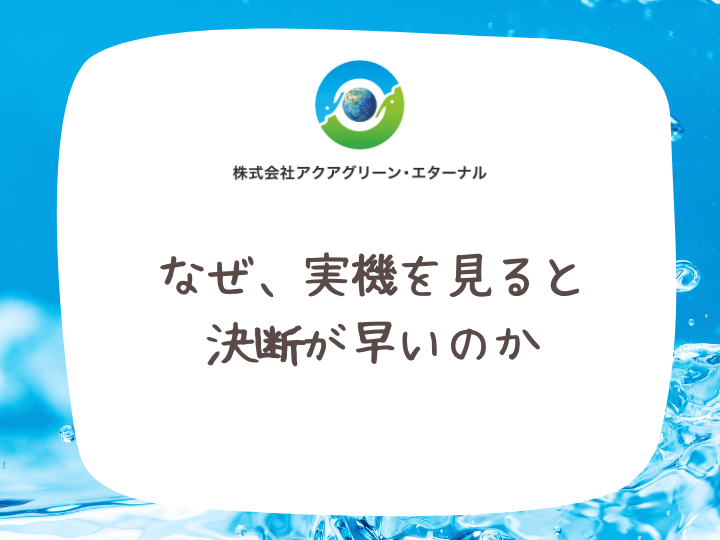
It's strange how difficult it is to convey our technology through documents. However, when you see the actual machine,...
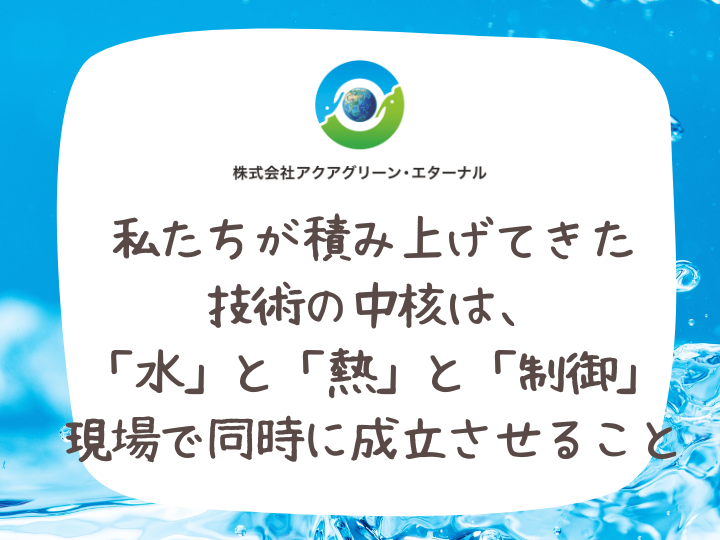
The core of the technology we have accumulated is the simultaneous realization of "water," "heat," and "control" on-site...
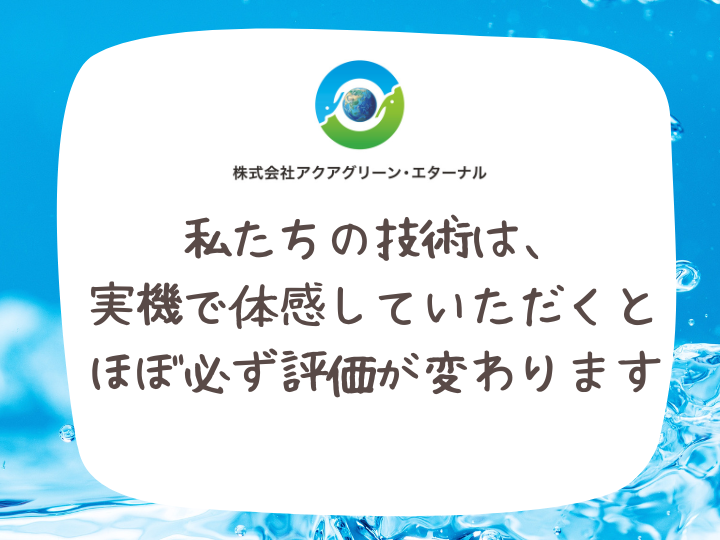
In fact, a plastic molding factory with approximately 200 employees conducted a test on an actual machine at their factory.
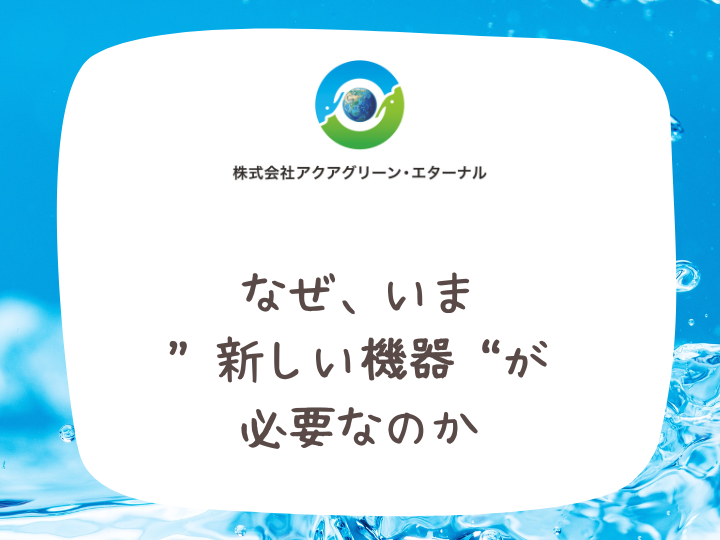
Aqua Green Eternal has been utilizing groundwater heat and unused heat at many sites...
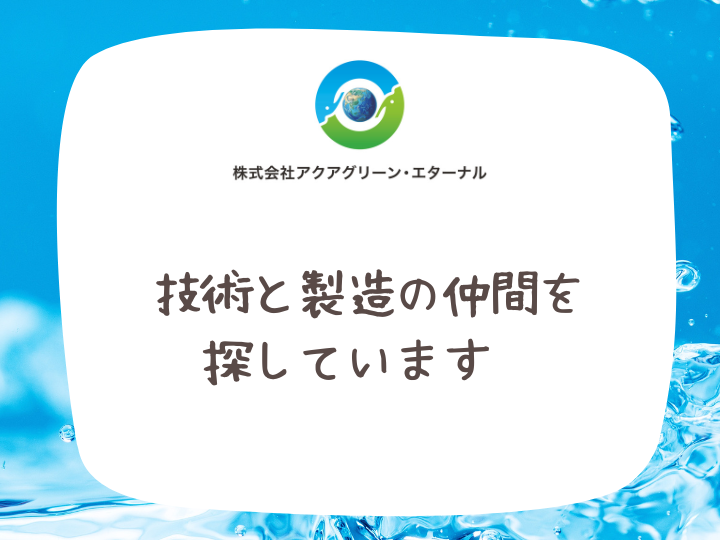
Aqua Green Eternal is demonstrating an environmental device that utilizes groundwater heat and unused heat on-site...
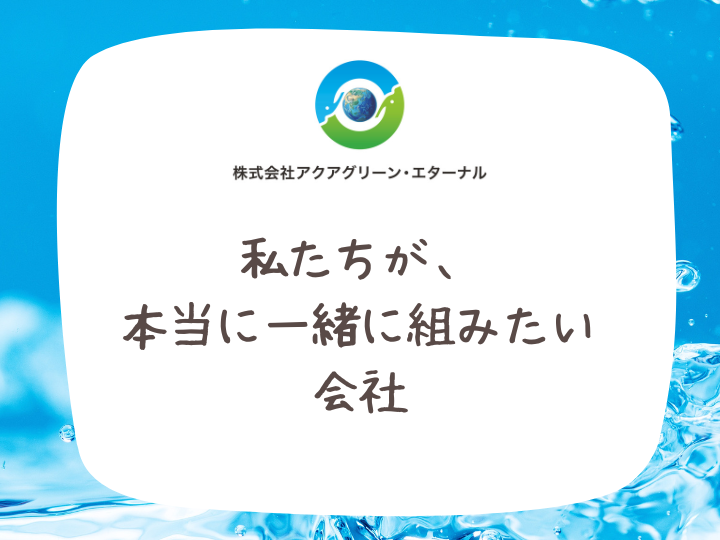
Aqua Green Eternal is not looking for a large company...